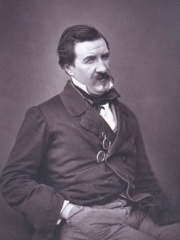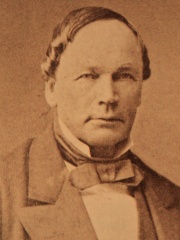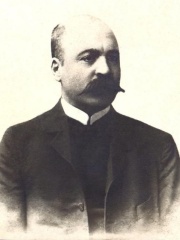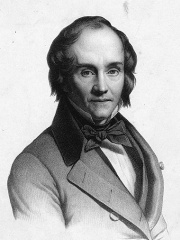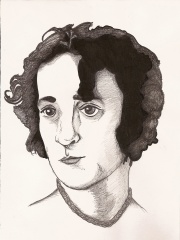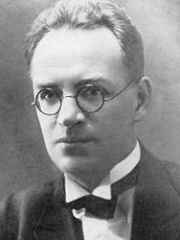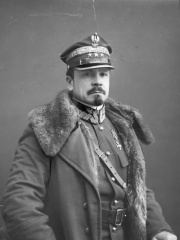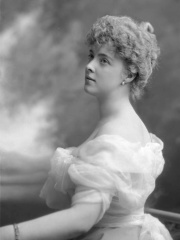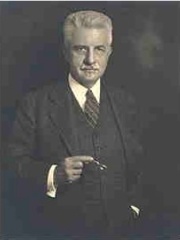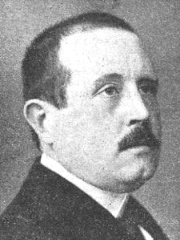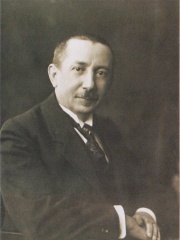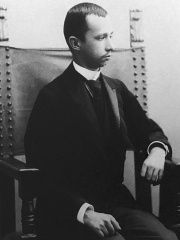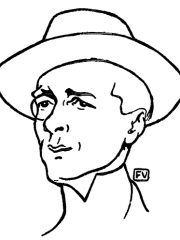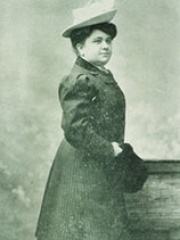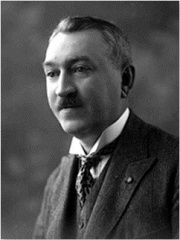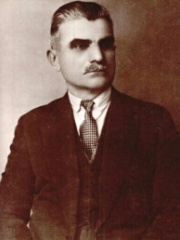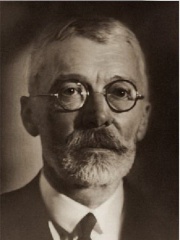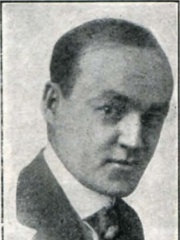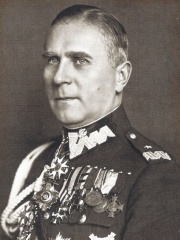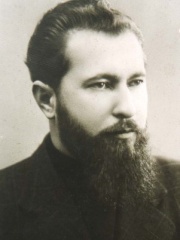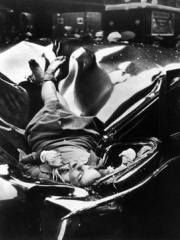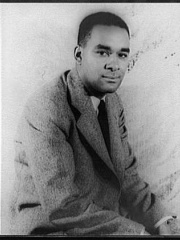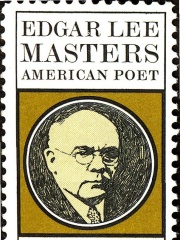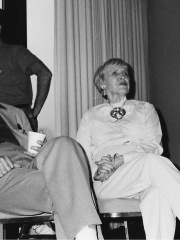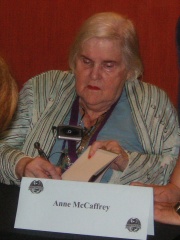Writer
Willa Cather
1873 - 1947
EN.WIKIPEDIA PAGE VIEWS (PV)
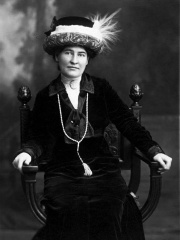
 Willa Cather
Willa Cather
Her biography is available in 47 different languages on Wikipedia (up from 45 in 2024). Willa Cather is the 2,952nd most popular writer (up from 3,277th in 2024), the 4,245th most popular biography from United States (down from 4,161st in 2019) and the 338th most popular American Writer.
Memorability Metrics
Page views of Willa Cather by language
Among Writers
Among writers, Willa Cather ranks 2,952 out of 7,302. Before her are Champfleury, Knud Knudsen, Günter Eich, Jalil Mammadguluzadeh, John Wilmot, 2nd Earl of Rochester, and Victor Segalen. After her are Miklós Radnóti, Casimir Delavigne, Lola Anglada, Lupus Servatus, Aristeas, and Boris Pilnyak.
Most Popular Writers in Wikipedia
Go to all RankingsChampfleury
1821 - 1889
HPI: 60.51
Rank: 2,946
Knud Knudsen
1812 - 1895
HPI: 60.51
Rank: 2,947
Günter Eich
1907 - 1972
HPI: 60.51
Rank: 2,948
Jalil Mammadguluzadeh
1869 - 1932
HPI: 60.50
Rank: 2,949
John Wilmot, 2nd Earl of Rochester
1647 - 1680
HPI: 60.50
Rank: 2,950
Victor Segalen
1878 - 1919
HPI: 60.50
Rank: 2,951
Willa Cather
1873 - 1947
HPI: 60.50
Rank: 2,952
Miklós Radnóti
1909 - 1944
HPI: 60.49
Rank: 2,953
Casimir Delavigne
1793 - 1843
HPI: 60.49
Rank: 2,954
Lola Anglada
1892 - 1984
HPI: 60.49
Rank: 2,955
Lupus Servatus
805 - 862
HPI: 60.49
Rank: 2,956
Aristeas
600 BC - Present
HPI: 60.49
Rank: 2,957
Boris Pilnyak
1894 - 1938
HPI: 60.49
Rank: 2,958
Contemporaries
Among people born in 1873, Willa Cather ranks 97. Before her are Henri Helle, Józef Haller, Daisy, Princess of Pless, Arthur Oncken Lovejoy, Matteo Bartoli, and José Martínez Ruiz. After her are Gyula Peidl, Henry, Duke of Parma, Marcel Boulenger, Theodoor Hendrik van de Velde, Marija Jurić Zagorka, and Nikolai Tcherepnin. Among people deceased in 1947, Willa Cather ranks 117. Before her are Aleksandër Stavre Drenova, Anton Schall, Gyula Károlyi, Ivan Regen, Joachim Ernst, Duke of Anhalt, and Walter Donaldson. After her are Stepan Petrichenko, Tadeusz Kutrzeba, Charles Frédéric Petit, Hendrik van Gent, Theodore Romzha, and Evelyn McHale.
Others Born in 1873
Go to all RankingsHenri Helle
ATHLETE
1873 - 1901
HPI: 60.76
Rank: 91
Józef Haller
POLITICIAN
1873 - 1960
HPI: 60.67
Rank: 92
Daisy, Princess of Pless
CELEBRITY
1873 - 1943
HPI: 60.64
Rank: 93
Arthur Oncken Lovejoy
PHILOSOPHER
1873 - 1962
HPI: 60.60
Rank: 94
Matteo Bartoli
LINGUIST
1873 - 1946
HPI: 60.55
Rank: 95
José Martínez Ruiz
WRITER
1873 - 1967
HPI: 60.52
Rank: 96
Willa Cather
WRITER
1873 - 1947
HPI: 60.50
Rank: 97
Gyula Peidl
POLITICIAN
1873 - 1943
HPI: 60.50
Rank: 98
Henry, Duke of Parma
NOBLEMAN
1873 - 1939
HPI: 60.48
Rank: 99
Marcel Boulenger
WRITER
1873 - 1932
HPI: 60.47
Rank: 100
Theodoor Hendrik van de Velde
PHYSICIAN
1873 - 1937
HPI: 60.44
Rank: 101
Marija Jurić Zagorka
WRITER
1873 - 1957
HPI: 60.43
Rank: 102
Nikolai Tcherepnin
COMPOSER
1873 - 1945
HPI: 60.36
Rank: 103
Others Deceased in 1947
Go to all RankingsAleksandër Stavre Drenova
WRITER
1872 - 1947
HPI: 60.71
Rank: 111
Anton Schall
SOCCER PLAYER
1907 - 1947
HPI: 60.68
Rank: 112
Gyula Károlyi
POLITICIAN
1871 - 1947
HPI: 60.57
Rank: 113
Ivan Regen
BIOLOGIST
1868 - 1947
HPI: 60.55
Rank: 114
Joachim Ernst, Duke of Anhalt
POLITICIAN
1901 - 1947
HPI: 60.53
Rank: 115
Walter Donaldson
MUSICIAN
1893 - 1947
HPI: 60.51
Rank: 116
Willa Cather
WRITER
1873 - 1947
HPI: 60.50
Rank: 117
Stepan Petrichenko
POLITICIAN
1892 - 1947
HPI: 60.48
Rank: 118
Tadeusz Kutrzeba
MILITARY PERSONNEL
1885 - 1947
HPI: 60.40
Rank: 119
Charles Frédéric Petit
ATHLETE
1857 - 1947
HPI: 60.30
Rank: 120
Hendrik van Gent
ASTRONOMER
1900 - 1947
HPI: 59.96
Rank: 121
Theodore Romzha
RELIGIOUS FIGURE
1911 - 1947
HPI: 59.95
Rank: 122
Evelyn McHale
CELEBRITY
1923 - 1947
HPI: 59.70
Rank: 123
In United States
Among people born in United States, Willa Cather ranks 4,245 out of NaN. Before her are Scott Walker (1943), Percy Sledge (1941), Patricia McPherson (1954), Scott Bakula (1954), Sarah Clarke (1972), and Diane Venora (1952). After her are Cassie Ventura (1986), Richard M. Karp (1935), Fred Brooks (1931), Beatrice Straight (1914), Angelo Dundee (1921), and David Petraeus (1952).
Others born in United States
Go to all RankingsScott Walker
MUSICIAN
1943 - 2019
HPI: 60.51
Rank: 4,239
Percy Sledge
SINGER
1941 - 2015
HPI: 60.51
Rank: 4,240
Patricia McPherson
ACTOR
1954 - Present
HPI: 60.51
Rank: 4,241
Scott Bakula
ACTOR
1954 - Present
HPI: 60.50
Rank: 4,242
Sarah Clarke
ACTOR
1972 - Present
HPI: 60.50
Rank: 4,243
Diane Venora
ACTOR
1952 - Present
HPI: 60.50
Rank: 4,244
Willa Cather
WRITER
1873 - 1947
HPI: 60.50
Rank: 4,245
Cassie Ventura
SINGER
1986 - Present
HPI: 60.50
Rank: 4,246
Richard M. Karp
COMPUTER SCIENTIST
1935 - Present
HPI: 60.50
Rank: 4,247
Fred Brooks
COMPUTER SCIENTIST
1931 - 2022
HPI: 60.50
Rank: 4,248
Beatrice Straight
ACTOR
1914 - 2001
HPI: 60.50
Rank: 4,249
Angelo Dundee
RELIGIOUS FIGURE
1921 - 2012
HPI: 60.50
Rank: 4,250
David Petraeus
MILITARY PERSONNEL
1952 - Present
HPI: 60.49
Rank: 4,251
Among Writers In United States
Among writers born in United States, Willa Cather ranks 338. Before her are Edward Bunker (1933), Eric Carle (1929), Carl Bernstein (1944), Richard Wright (1908), Joe Hill (1972), and K. A. Applegate (1956). After her are Mickey Spillane (1918), Edgar Lee Masters (1868), L. Sprague de Camp (1907), Bruce Sterling (1954), R. A. Salvatore (1959), and Anne McCaffrey (1926).
Edward Bunker
1933 - 2005
HPI: 60.64
Rank: 332
Eric Carle
1929 - 2021
HPI: 60.61
Rank: 333
Carl Bernstein
1944 - Present
HPI: 60.61
Rank: 334
Richard Wright
1908 - 1960
HPI: 60.57
Rank: 335
Joe Hill
1972 - Present
HPI: 60.54
Rank: 336
K. A. Applegate
1956 - Present
HPI: 60.52
Rank: 337
Willa Cather
1873 - 1947
HPI: 60.50
Rank: 338
Mickey Spillane
1918 - 2006
HPI: 60.48
Rank: 339
Edgar Lee Masters
1868 - 1950
HPI: 60.47
Rank: 340
L. Sprague de Camp
1907 - 2000
HPI: 60.41
Rank: 341
Bruce Sterling
1954 - Present
HPI: 60.39
Rank: 342
R. A. Salvatore
1959 - Present
HPI: 60.38
Rank: 343
Anne McCaffrey
1926 - 2011
HPI: 60.34
Rank: 344
